Northeast China, known as the country's major "grain barn," is carrying out disaster relief efforts for agriculture production, including strengthening farmland management, to reduce the impact of severe rainstorms and flooding. Experts noted on Tuesday that the impact on the entire grain production across the country has been limited.
Top-down efforts nationwide have been conducted since North China and Northeast China were hit by recent heavy rainfalls. China's Ministry of Finance and the Ministry of Agriculture and Rural Affairs on Tuesday urgently issued 732 million yuan ($101.55 million) in disaster prevention and relief funds for agricultural production, supporting nine provincial-level regions including Beijing, Tianjin and the provinces of Jilin and Heilongjiang, as well as the Beidahuang Group, a Chinese agricultural conglomerate, China Central Television reported on Tuesday.
We should focus on the long term and strengthen the planning and construction of infrastructure such as water conservancy in northern China, improving the country's ability to prevent and respond to water and drought disasters, according to a State Council executive meeting chaired by Premier Li Qiang on Tuesday.
Jilin provincial agriculture authorities have issued an urgent notice calling for inspections and dredging of farmland ditches to ensure efficient water drainage and secure grain production. For instance, personnel and special machinery should be arranged for emergency repair and reinforcement of ditches that pose a potential risk, while a 24-hour on-duty reporting system will be implemented, according to the Ministry of Agriculture and Rural Affairs on Tuesday.
Heilongjiang Province, which accounted for 11.3 percent of the country's total grain output in 2022, on Monday released a disaster relief plan for flood-hit agricultural production areas that called for multiple measures such as strengthening control of pests and diseases and farmland management.
Under the background of food price fluctuations triggered by the Russia-Ukraine conflict, the floods have also raised people's concerns about food security in China. However, experts noted that the impact of the floods have been "limited."
China's staple food self-sufficiency rate is above 100 percent, while it has maintained steady development in terms of grain production, according to the National Food and Strategic Reserves Administration in May.
As a result, China does not depend much on the international market, Nie Fengying, professor from the Agricultural Information Institute of the Chinese Academy of Agricultural Sciences, told the Global Times on Tuesday. "But we still need to strengthen international market monitoring and early warning systems to ensure national food security," Nie noted.
Li Guoxiang, a researcher at the Rural Development Institute of the Chinese Academy of Social Sciences, also echoed this opinion. Li told the Global Times on Tuesday that Chinese domestic grain production capacity is relatively strong and that fluctuations in the international grain market have had "limited" impact on the country's grain security.
After years of constructing high-standard farmland and water conservation facilities, the country has increased its ability to resist natural disasters.
One of China's 24 Solar Terms, Liqiu or the Beginning of Autumn, falls on Tuesday. Autumn grain production accounts for three-quarters of the total annual grain production in the country, according to media reports. Major grain-producing areas are doing their best to ensure the autumn grain harvest.
China's meteorological departments continued to issue warnings on Tuesday that Khanun, the sixth typhoon of the year, is forecast to bring heavy rainfall to some regions in Northeast China and reminded these regions to carry out precautionary measures.
Flooding is still occurring in the Songhua River basin, causing 85 rivers to exceed emergency levels. Due to this, flooding storage areas are still under pressure, according to the Ministry of Water Resources on Monday.
Northeast China's Liaoning Province released an important notice on August 3, calling for strengthening of farmland management to reduce the impact brought by heavy rainfall. It also noted that agricultural experts and technicians should be organized to assess the impact of the disaster in a timely manner and give guidance to disaster-hit farmers.























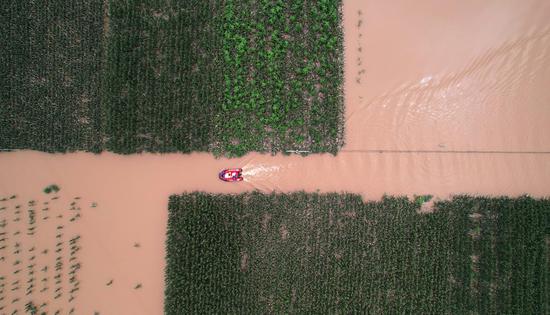






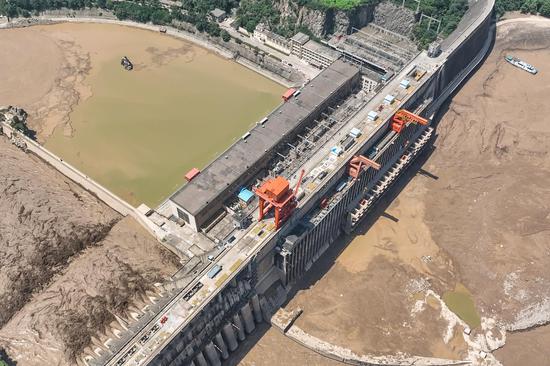

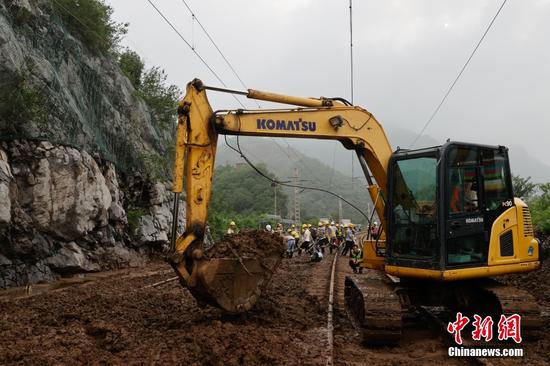






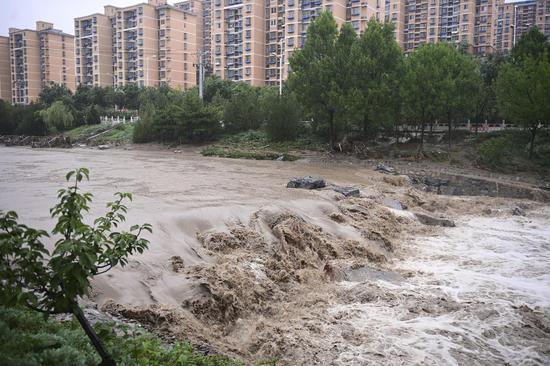



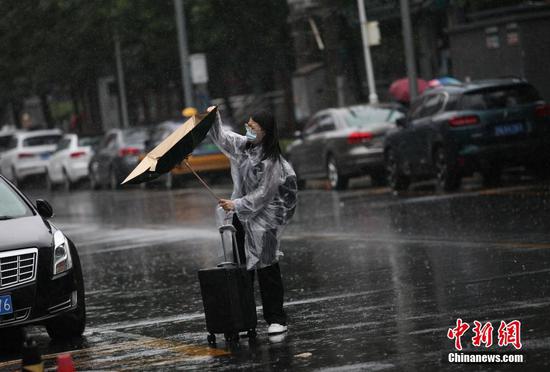






 京公网安备 11010202009201号
京公网安备 11010202009201号